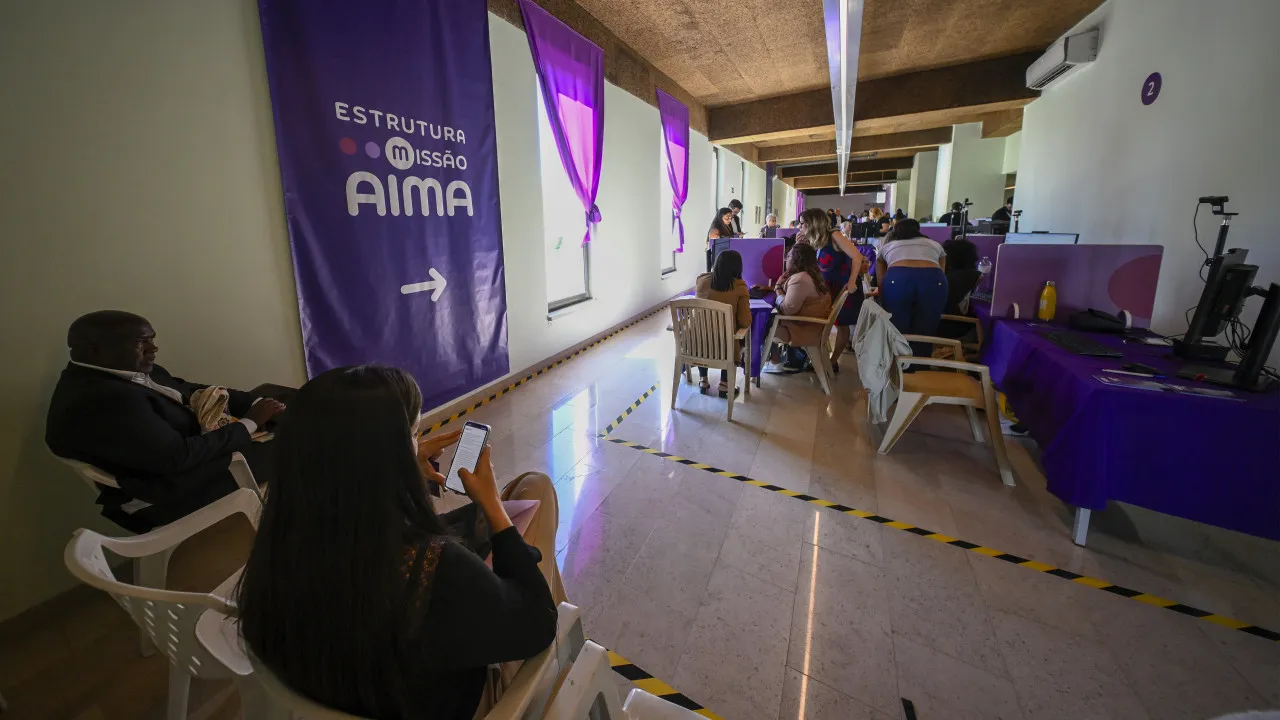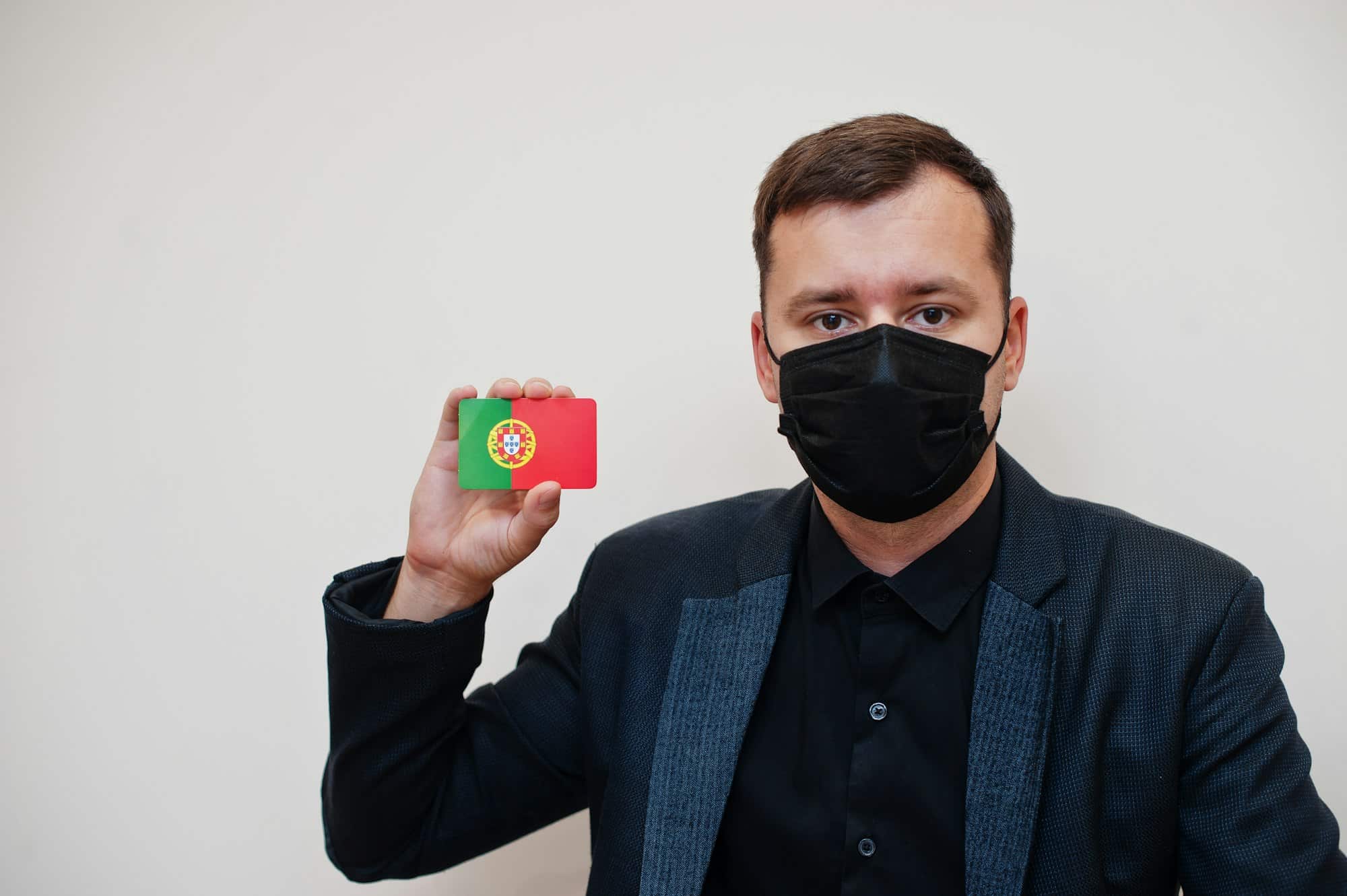As of this Tuesday, according to an ordinance published in the Official Gazette, the use of shields and visors is no longer required in health establishments and services, as well as residential and care facilities for the elderly and vulnerable populations.
“Although the use of masks remains an important measure to prevent the spread of SARS-CoV-2, especially in high-risk environments and populations, it is deemed appropriate to end the mandatory use of masks and visors in establishments and health services and in residential or accommodation facilities or home support services for vulnerable populations, the elderly, or people with disabilities, as well as in long-term care units of the National Network of Inpatient Care.”
The government justifies this decision by citing “the evolution of the epidemiological situation of the covid-19 disease, the scientific knowledge, the effectiveness and high vaccination coverage achieved in Portugal, the level of knowledge acquired by the population on public health measures, including mask use, respiratory etiquette, ventilation of spaces, and physical distance,” which led to a reduction in lethality and mortality, the incidence of the disease, and its impact on the economy.
According to the government, Portugal is in accord with other European nations, having already eliminated the majority of restrictive covid-19 disease response measures.
On the day the law was approved by the Council of Ministers, the Ministry of Health indicated that it maintains the recommendation that vulnerable people, such as those with chronic diseases or reduced immunity who are at increased risk for covid-19, wear masks, especially in closed environments or crowds.
“The use of a mask should be adapted to the specific clinical situation, such as developmental or behavioral disorders, respiratory insufficiency, or other pathologies, through case-by-case evaluation by the attending physician,” stated a ministry memo.
The law that “determines the cessation of the obligation to wear masks and visors to access or stay in certain places, in the context of the covid-19 disease pandemic” was approved by the Council of Ministers on April 6, having been promulgated last Friday by the President of the Republic, Marcelo Rebelo de Sousa, and referred to a referendum on Monday by the Prime Minister, António Costa.
More than 26,000 fatalities have been attributed to Covid-19 in Portugal, with over 5.5 million cases of infection.
Covid-19 is an infectious respiratory disease caused by the SARS-CoV-2 coronavirus, a type of virus discovered in China three years ago and which has rapidly spread throughout the globe, assuming several variants and subvariants, some of which are more contagious than others.








